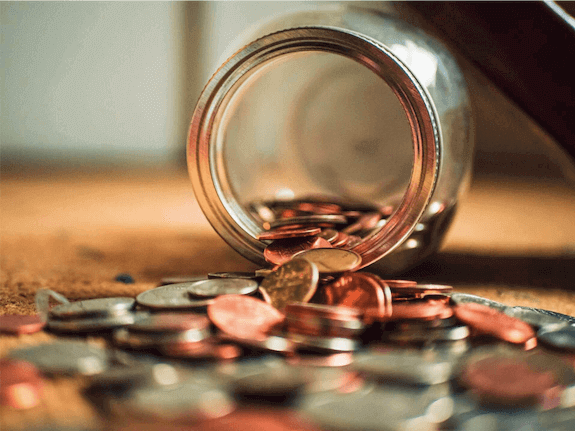
The percentage of people who find themselves unable to repay their payday loans varies from around 15% to 20%. Payday loans are a quick and easy way of borrowing money and they’re often used by those who are having difficulty making it their next paycheck. Payday loans are designed to be used as short-term fix to money problems, and not a long-term solution. However, sometimes people find themselves in a position where they are unable to repay their payday loans and don’t know what to do. But what percentage of people find themselves unable to repay their payday loans?
How many people do not repay their payday loan?
The percentage of people who cannot to repay their payday loans varies from around 15% to 20%. There are many reasons why people might find themselves unable to repay their loans and each situation is unique. Some situations that leave people unable to make the repayments include; finding themselves suddenly unemployed, having the problem with mounting debt or being unable to afford to make the repayments on the loans. This is why it is so important that you make sure you will be able to afford your repayments before you take out a loan. There are also free services available to support those struggling to make financial situations, including financial advisors and debt advisors.
What will happen if I don’t repay my payday loan?
 Defaulting on your payday loan can drain your bank account, trigger wage garnishment, collection calls and lawsuits. Wherever possible, keep up with your repayments to avoid these outcomes.
Defaulting on your payday loan can drain your bank account, trigger wage garnishment, collection calls and lawsuits. Wherever possible, keep up with your repayments to avoid these outcomes.
Once the agreed loan period has passed the lender who you borrowed from will continue to seek any unpaid amount on your loan. The lender will set up automatic withdrawals from your account, attempting to regain as much for their loan as possible. This can result in bank fees for you. If this is unsuccessful your lender may begin collection calls, which will involve calling you and in some cases visiting you in person to attempt to collect the debt.
If this is unsuccessful, your lender may set up wage garnishment, which involves a part of your paycheck being withheld, and going directly to the lender to repay your loan.
During the time in which your loan is not being paid, it will still be accrediting interest.
What should I do if I cannot repay?

As soon as you realise that you will not be able to repay the loan, get in contact with your lender directly and see if you can work out a schedule for repayment. Wherever possible the lender will try to make it possible for you to repay the loan.
If you are unable to repay your loans, there is the possibility of claiming bankruptcy. Claiming bankruptcy is something that should be talked over with a professional and will only be appropriate in certain situations. Being unable to repay a loan can be an incredibly stressful situation. If you still need to pay rent and put food on the table for your family that has to come first. In situations like this, it is advisable to seek advice from a nonprofit credit counsellor, bankruptcy attorney or legal aid centre about your next moves.
Will I go to court?
If a client is unwilling to co-operate with the lender, it is possible for a payday lender to take you to court over your unpaid loan. This will always be a last resort and in the vast majority of cases the court does not need to be involved.
Court cases are not always about large sums of money. It is common for a lender to take a client to court over a relatively small unpaid loan. You should not be surprised if you receive a lawsuit following an unpaid payday loan. We’ve written a full article about what you can expect from the court process and advice for anyone one being taken to court over an unpaid payday loan.


